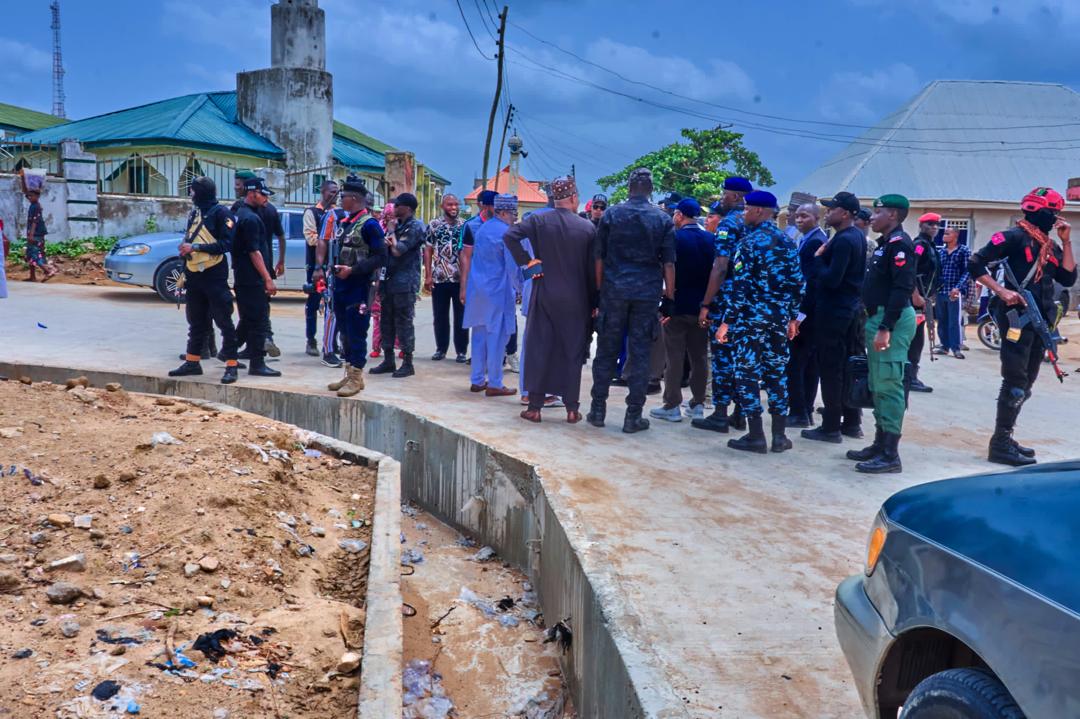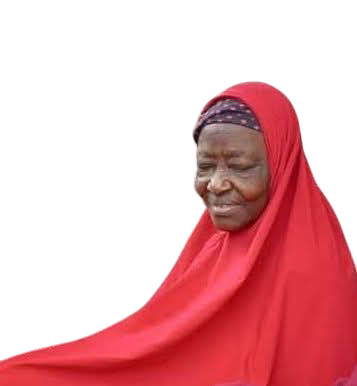
By Kabir Abdulsalam
A few weeks ago, a storm erupted across traditional and social media platforms. The cause? Reports surfaced that some Islamic scholars were advocating for the establishment of Sharia courts or independent Sharia panels in Nigeria’s SouthWest, the Yoruba land, a region renowned for its religious diversity.
The news sparked widespread uproar, particularly among non-Muslim groups and influencers from the Southeast, who perceived the move as an attempt to “Islamize” the region and expand Fulani dominance. The situation escalated when certain Islamic scholars urged their followers not to vote for any candidate opposed to Sharia courts.
Social media platforms were flooded with voices of opposition, with many condemning the proposal as an attack on democracy and religious freedom. But what is really going on? Is this about justice, religious rights, or politics? To understand the issue, we must first revisit its historical roots.
Sharia law has been part of Nigeria’s legal system for centuries. Before colonial rule, Islamic laws governed large parts of what is now Northern Nigeria. However, with the arrival of the British, a secular legal system was introduced, limiting Sharia law to personal matters such as marriage, inheritance, and religious obligations.
After Nigeria gained independence in 1960, the country adopted a federal system, granting each region a degree of autonomy. The debate over Sharia law simmered beneath the surface until 1999, when Governor Ahmed Sani Yerima of Zamfara State took a bold step—he fully implemented Sharia law, making Zamfara the first Nigerian state to do so. Several other northern states followed suit, despite strong opposition from human rights activists and the international community.
In Northern Nigeria, Sharia courts primarily handle cases involving Muslims, including issues like marriage, divorce, and inheritance. However, they also adjudicate criminal cases, which is where much of the controversy lies. Some Sharia court rulings—such as amputations for theft and death sentences for adultery—have sparked national and international outrage. One of the most infamous cases was that of Amina Lawal, a woman sentenced to death by stoning for adultery in 2002. The ruling was eventually overturned following massive public outcry.
Despite these controversies, many Muslims in the North support Sharia courts, arguing that they deliver swift and fair justice compared to the slow and often corrupt secular courts. But does this mean the system should be extended to the Southwest?
Nigeria is a secular state, meaning no religion should have special legal privileges over another. Critics argue that introducing Sharia courts in the Southwest would violate the country’s constitution. They also fear it could lead to conflicting legal systems, where different laws apply to individuals based on their religion.
Proponents, however, argue that the establishment of Sharia courts is in full compliance with Sections 275, 276, and 277 of the Nigerian Constitution. These sections explicitly provide for the creation of Sharia Courts of Appeal, using the word “shall,” which they interpret as a constitutional requirement rather than a suggestion.
Yet, critics worry that once Sharia is introduced, it may not remain optional for long. While it may initially apply only to Muslims, there is concern that future lawmakers could extend its influence, potentially eroding Nigeria’s secular legal framework. These concerns are shared by activists and legal experts alike.
Southwest, particularly non-Muslims, the idea of Sharia courts represents more than just legal reform—it feels like an attempt to impose religious dominance. The fear is not just about the courts themselves but about what they symbolize.
Questions abound: Would businesses in the Southwest be affected? Could Sharia restrictions on alcohol, dress codes, and social activities gradually become normalized? While supporters argue that Sharia would only apply to Muslims, critics point to the North, where non-Muslims sometimes face indirect restrictions due to the dominance of Islamic law.
The involvement of Islamic scholars in politics has further fueled concerns. Some scholars have openly urged Muslims to vote against candidates who oppose Sharia courts in the Southwest. This raises serious questions about the role of religion in politics. Should religious leaders influence elections?
This is not the first time religion has been weaponized in Nigerian politics. Similar tactics have been used in past elections, where politicians leveraged religious sentiment to gain votes. The question now is: Is this push for Sharia courts truly about justice, or is it just another political chess move?
Several legal scholars and historians have warned about the dangers of mixing religion with politics. Nobel Laureate Wole Soyinka once said, “When religion becomes a political weapon, expect nothing but destruction.” Nigeria has experienced enough religious conflicts in the past; do we want to add more fuel to the fire?
In response to these concerns, Islamic clerics and scholars held a press conference in Ibadan. They clarified that the establishment of Sharia courts should not be misconstrued as a threat to the rights of non-Muslims or an agenda to Islamize Nigeria. They explained that after multiple failed attempts to convince Southwestern states to establish Sharia Courts of Appeal, the Muslim ummah began launching Alternative Dispute Resolution platforms, known as “Independent Sharia Panels.”
The Muslim Rights Concern (MURIC) has also sought to clarify the role of these panels. Professor Ishaq Akintola, MURIC’s Executive Director, explained that the panels exist solely to mediate civil disputes brought to them voluntarily by Muslims and do not have jurisdiction over criminal cases. These panels are operational in Lagos, Oyo, Ogun, Ondo, Osun, and Ekiti states, serving as platforms for Muslims to resolve civil disputes amicably within the context of Islamic principles.
Similarly, Professor Ishaq Oloyede, Registrar of the Joint Admissions and Matriculation Board (JAMB), has urged Southwest leaders to endorse the formation of Sharia panels in the region to foster peace and religious harmony. He argued that Muslim marriages should be adjudicated based on Islamic laws rather than customary courts, which often lack expertise in Islamic jurisprudence.
If the push for Sharia courts is blocked, will it lead to further religious and political tension? Could it be used as a campaign tool by politicians to mobilize Muslim voters in the North? Could it fuel more religious extremism?
The debate over Sharia courts in the Southwest is about more than just legal reform—it’s about the future of religious coexistence in Nigeria. While Muslims have the right to practice their faith, that right must not infringe on the rights of others.
Nigerians must think critically: Is this about justice, or is it just another political game? The answer will shape the future of religious and political relations in the country. As the nation grapples with these questions, one thing is clear: the stakes are high, and the decisions made today will have far-reaching consequences for generations to come.
Kabir writes from Abuja.












